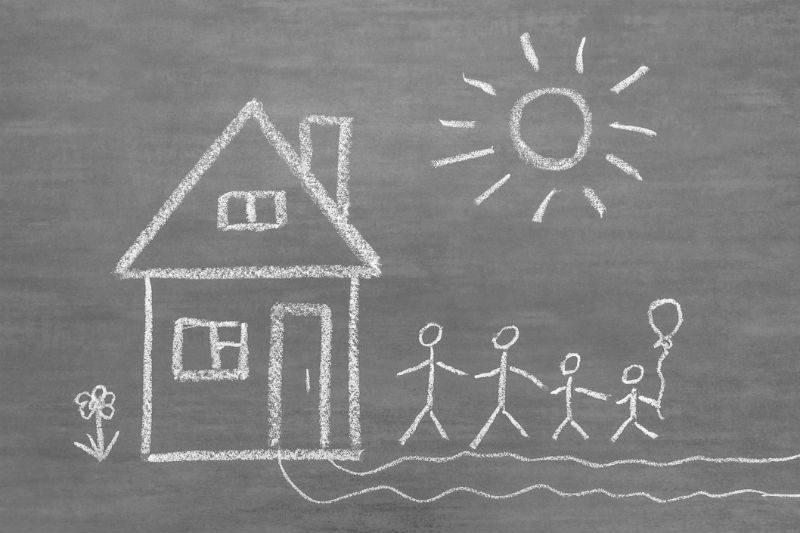Ask The Money Manual: Should I Rent Or Buy?
In this weekly column, we answer readers’ pressing financial questions. No question, big or small, is off-limits. Ask away by emailing us at contact@themoneymanual.com. This week, we attempt to tackle the age-old question, should I rent or buy?
Q: I am 28-years-old, newly married, live in Austin, Texas, and am considering buying my first home with my husband. It’s a big step, and the down payment would wipe out a big chunk of our savings. The rent for our two-bedroom is currently $1,550, and the homes in our area that we like are around $400,000. I truly don’t know what to do, should I rent or buy? Both options seem to have benefits and downsides. Call me Confused in Texas!
A: Hey Confused In Texas! First of all, don’t feel bad about being “confused” because buying a home is one of the bigger financial decisions you’ll ever make. The first place I recommend to go to start to figure this out is a rent versus buy calculator (there are a lot of great free options available online, including over at The New York Times).
After inputting the price of the home you are considering, and assuming you would be putting 20% down, with a mortgage rate of 4.48%, along with the property tax rate in Austin and assuming a home growth rate of 3% and that you would stay in the home for ten years it seems that you would be better off renting since your current apartment falls below $1,563. Now, that is pretty darn close to the amount of rent you are paying each month right now, so this isn’t a black or white choice.
Here are some other things to consider: If you are planning on staying in the home for more than ten years, it becomes an increasingly easier decision, and buying might be the way to go. If you or your husband have a job that might take you out of Austin in the next few years, and you might need to sell the house in, say, five years, renting becomes a lot more attractive financially.
Another thing to consider? Because mortgage rates are rising, some experts are suggesting now might be a good time to lock in a mortgage rate before rates are pushed even higher.
Lastly, Austin is a particularly hot housing market. It has rebounded faster than any market in the U.S. following the Great Recession and is on track for 3.3% growth in the coming year. Now, that’s not a bad return, but investing your money directly into the stock market would probably yield a higher return, at least in the short term.
Bottom line: Weigh how long you intend to stay in Austin and how important putting down roots through owning a home is to you and your husband (this isn’t just a financial decision, it’s a life decision). You also want to take into account how stressful it feels to you to tie up such a large portion of your savings in a house, since it’s not necessarily the best place to plunk your cash.
Another great resource for figuring this out is Status Money, which will allow you to compare your financial situation to your peers, to see what people with similar household incomes have decided to do in your area.
And remember: This is a good problem to have, not everyone can afford to be thinking about this!
Have a financial question that you want answered? Email us at contact@themoneymanual.com and we will do our best to tackle it, or find an expert with more know-how than us to get an answer!
Illustration: Laura Caseley For The Money Manual




